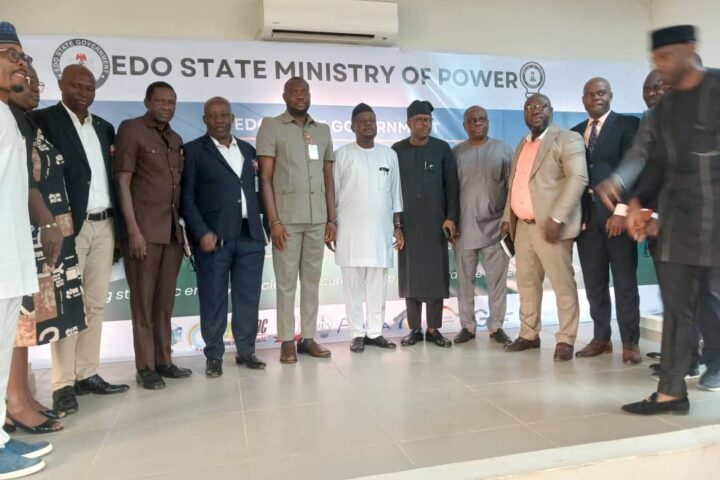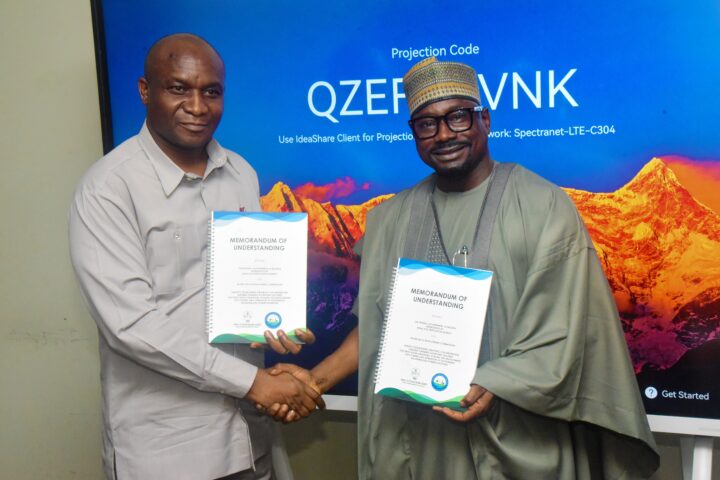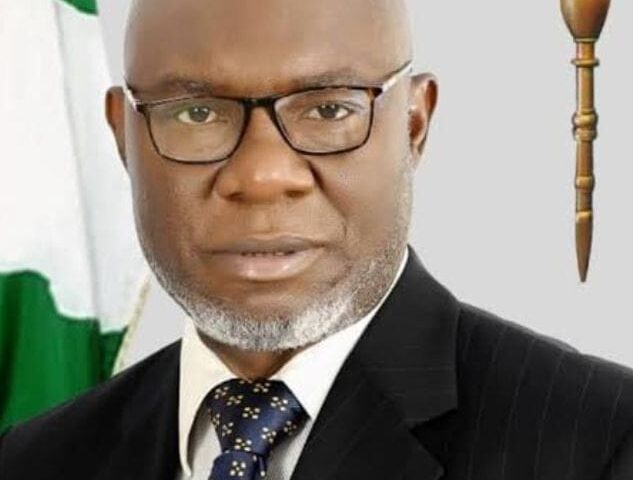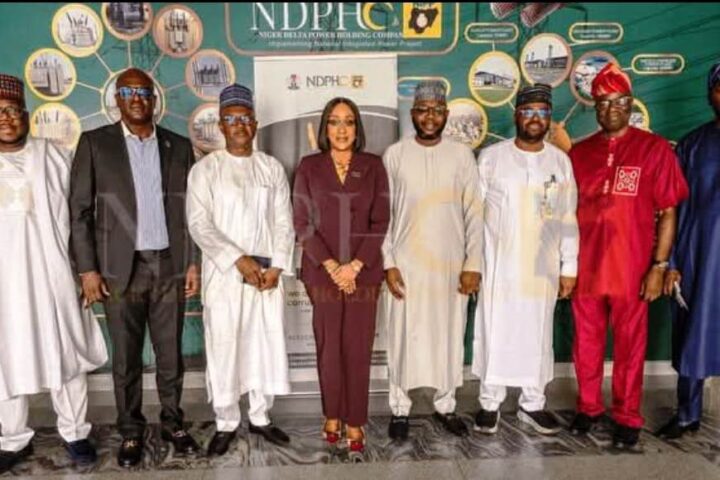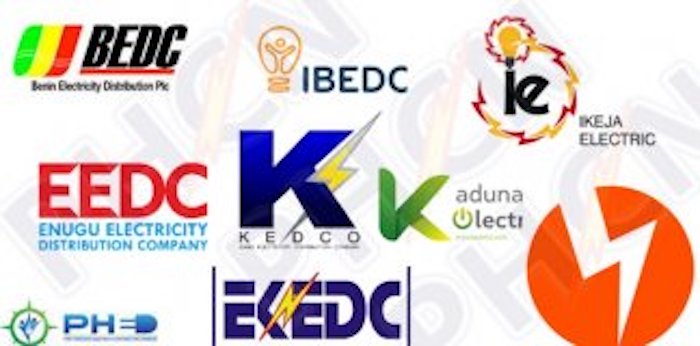
Default: Power Group Seeks Market Operators, DisCos’ Increased Engagement
Mohammed Shosanya Power Up Nigeria,a consumer group in the nation’s power sector,has advocated the need for increased engagement between Market Operators and Distribution Companies to resolve issues surrounding the latter’s non-compliance with






